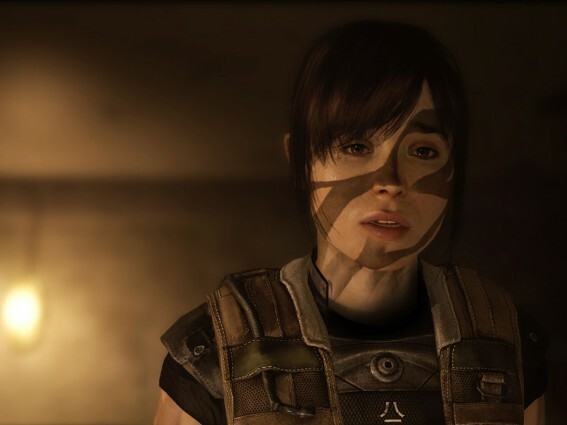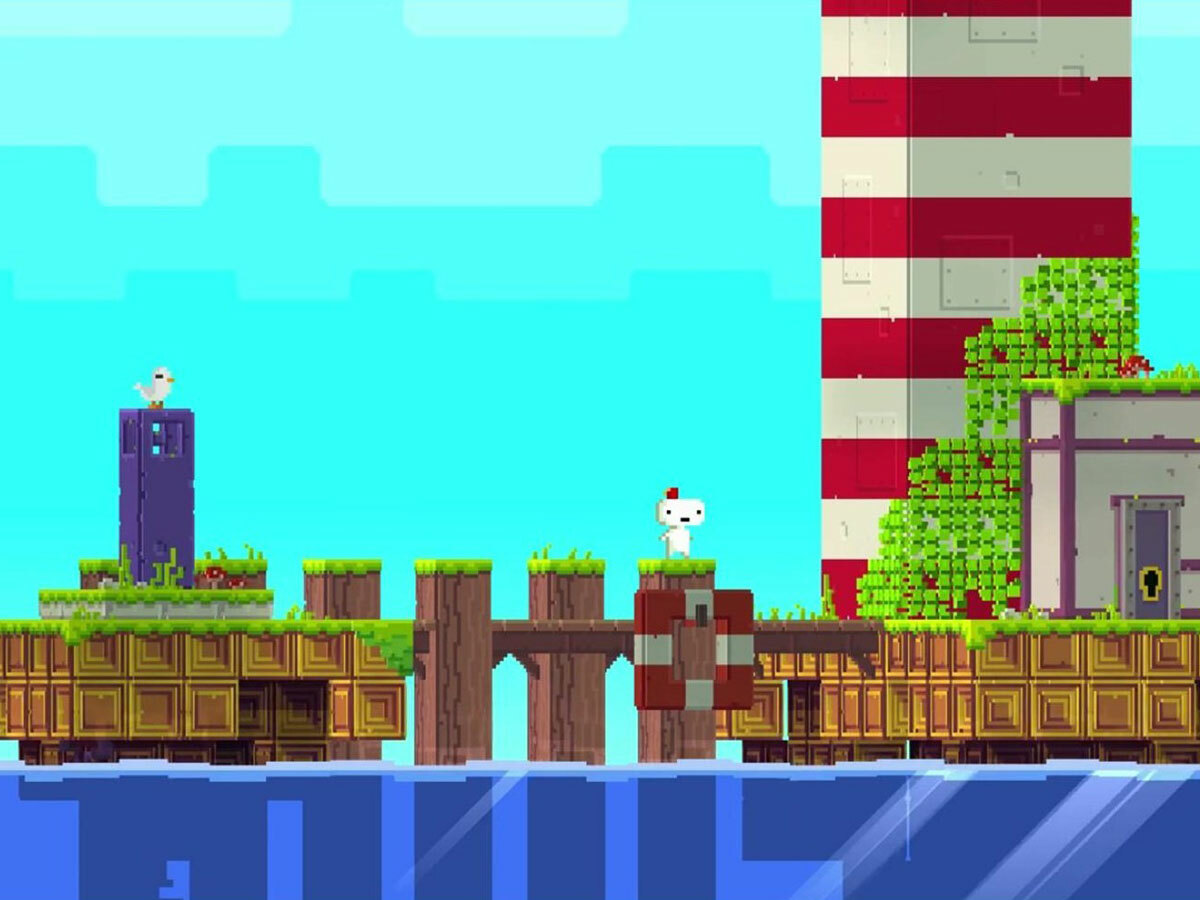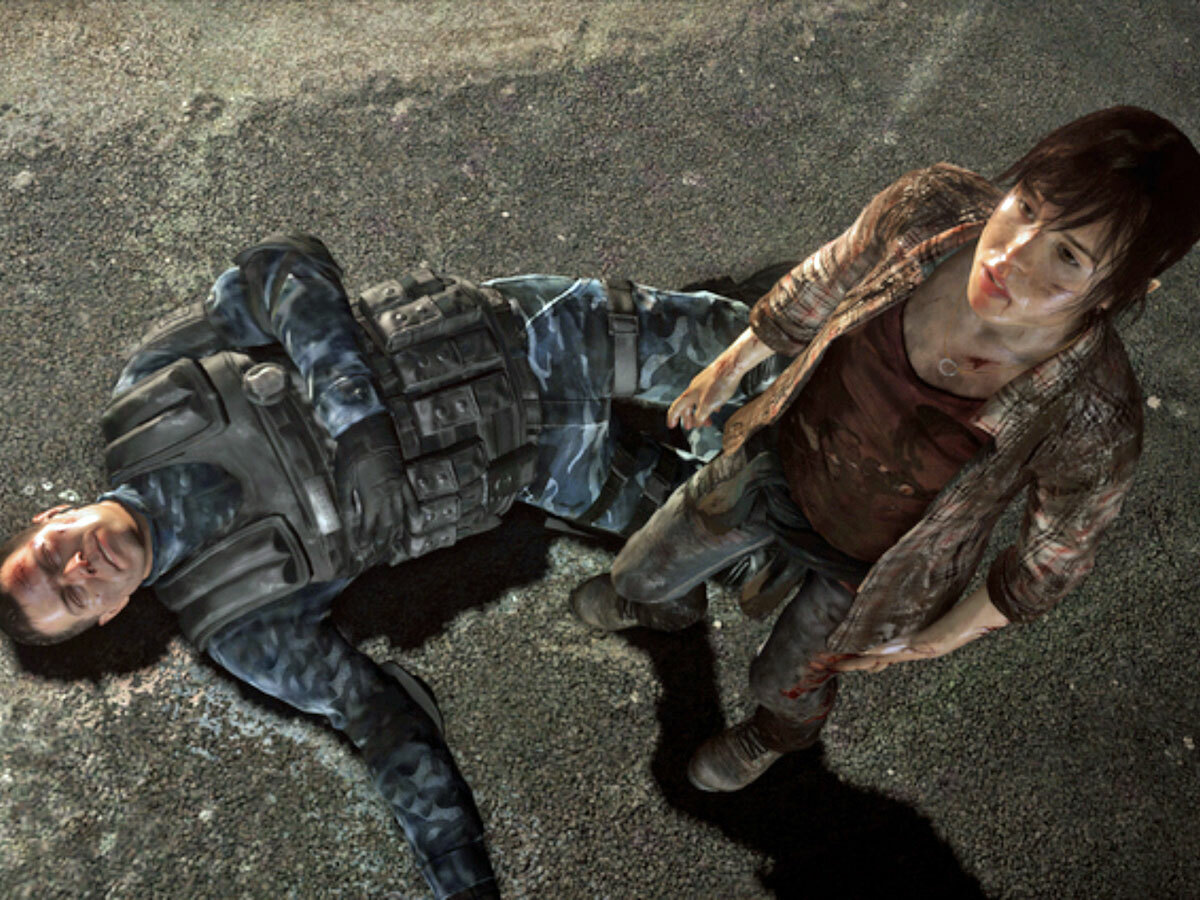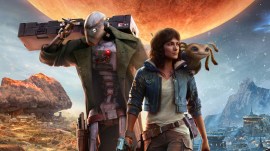David Cage tells us how he wrote Beyond: Two Souls
Quantic Dream's CEO on the inspiration behind his 2,000-page script, indie games and why he always comes back to interactive storytelling

Can a video game be as much a work of art as a novel? David Cage, the writer and director of Fahrenheit and Heavy Rain, creates games that put characters and storytelling above guns and monsters. As he prepares to release his latest title, Beyond: Two Souls, he tells us about writing a new kind of video game and how indie developers will rescue an industry that’s drowning in blockbusters.
Beyond was inspired by an experience in my personal life

“I lost someone I’m really close to in my family, and that was quite a shocking experience. It was totally unexpected and brutal. One second this person is there and you love her and the next second this person is gone, forever.”
I had in mind a story of a girl who has a link with an invisible entity
“But the more I wrote, the more I realised I was writing about what I had experienced. Writing is a strange process, because you don’t always know what you have to say when you start. It’s only when you read yourself that you realise ‘okay, this is what my inner voice had to say.’
“I know it’s unusual to write a video game that is personal and moving. The video game medium is not known for writing very personal and intimate things. But this medium is as valid as any other to say what you have to say, so why not?”
The script for Beyond was over 2,000 pages long
“It’s difficult to say how much of it a player will experience, because different players do very, very different things. Some will see 70% of what I wrote, some will see 40%. My goal when I was writing was to make sure that whatever path you take in the story, it’s solid, it’s consistent, it’s enjoyable and it’s correctly paced. And that was the main challenge, because when you have so much freedom in this narrative space that I tried to create, it’s difficult to guarantee that whatever route you take, it’s going to be an interesting journey. But that’s also the best part of the challenge.”
I was a composer before I wrote video games
“And I ended up realising that the creative process is the creative process, and whether you use it to create music or a novel or a game, basically it’s the same thing. It’s a way to listen to your inner voice, in a way, and you can express it with different techniques, if you’re a musician or a painter or a writer, but basically it’s the same thing.”
For me, writing films is like taking the audience for a ride

“You know exactly where you want to go, where it’s going to go up and down, and when it’s going to be scary, and you control all those things absolutely. But when you’re writing a game, you create a narrative space that’s three-dimensional, and the player is free, so he’s not on a ride any more, he’s on a road. And how he explores the road is up to him. Writing something interactive is very exciting because you become the co-writer with the player. The player helps you decide what story is told, so it’s a collaborative work, and it’s also more immersive for the player. The player is in the shoes of the main character and really feels, in a unique way, what your character feels.”
Indie developers are the future of this industry

“We have blockbusters, AAA titles that are incredibly expensive with huge development teams, and they are just franchises, because there’s so much money involved that no-one wants to take any risks with the IP. You have to give people what they expect, because with that much money you can’t make anything other than a safe bet. Indie developers have limited time, limited resources, limited technology, so they need to be extremely creative just to compensate. And this is what makes them so unique and so interesting. There will always be blockbusters, but the creativity is not there. The money is there, but the creativity is with the indie developers.”
Very few developers in the world are in the position that Quantic Dream is in
“We have this relationship where basically Sony trusts me with my next idea and will let me do it. So it comes with some pressure, not pressure that Sony puts on us but that we put on ourselves, because when someone trusts you, you want to deliver, you don’t want to disappoint them. We want to show them that they were right.”
I’d love to write a game that was funny
“I had a lot of fun with the writing and directing actors for [Quantic Dream’s most recent short] The Dark Sorcerer. It’s funny that comedy is somehow seen as less noble than for drama, and I think that’s not just in games, that’s in general. You get more credibility when you make them cry than when you make them laugh, although it’s probably more challenging to make them laugh.”
The Dark Sorcerer is just a prototype, by the way
“There’s no game in development based on this idea. We make these shorts, pretty much like Pixar does, in between full features to test new ideas. We wanted to play with the idea of a comedy; we did drama with our previous short, Kara, so we wanted to see: can we make people smile using this technology?”
In Beyond is that there’s no flashing sign when you have to make a choice

“Everything is implied, everything’s organic. When we tested the game, the people who played it were not aware they were making choices, but each time they did something there was a direct consequence to their actions. This is the way the game is designed, because in real life you don’t have a big flashing sign saying ‘do you want to do this, or do you want to do that?’ It’s just that as you do things, that takes you to a different route.”
If you have an idea for a game, be aware that having ideas is not the difficult part of the job
“Everybody has ideas. The difficult part is implementing your idea, and the first step is to write it properly, and make it a consistent project that can be explained and understood, and that’s a big step. But it’s similar to films – out of 100 people who have ideas for films, maybe one will actually get a script written. And out of 10 who have a script, maybe one will make a film, because he will present it in the right way to the right people, at the right moment. So it’s about dedication, will and talent. And luck.”
Beyond: Two Souls is released for PS3 on 11th October.



